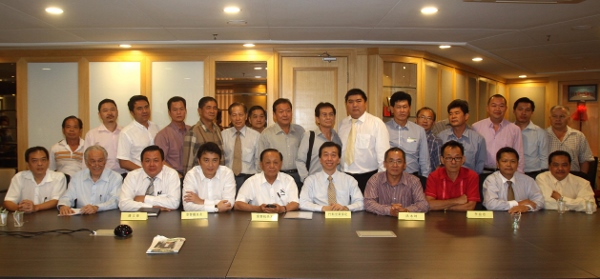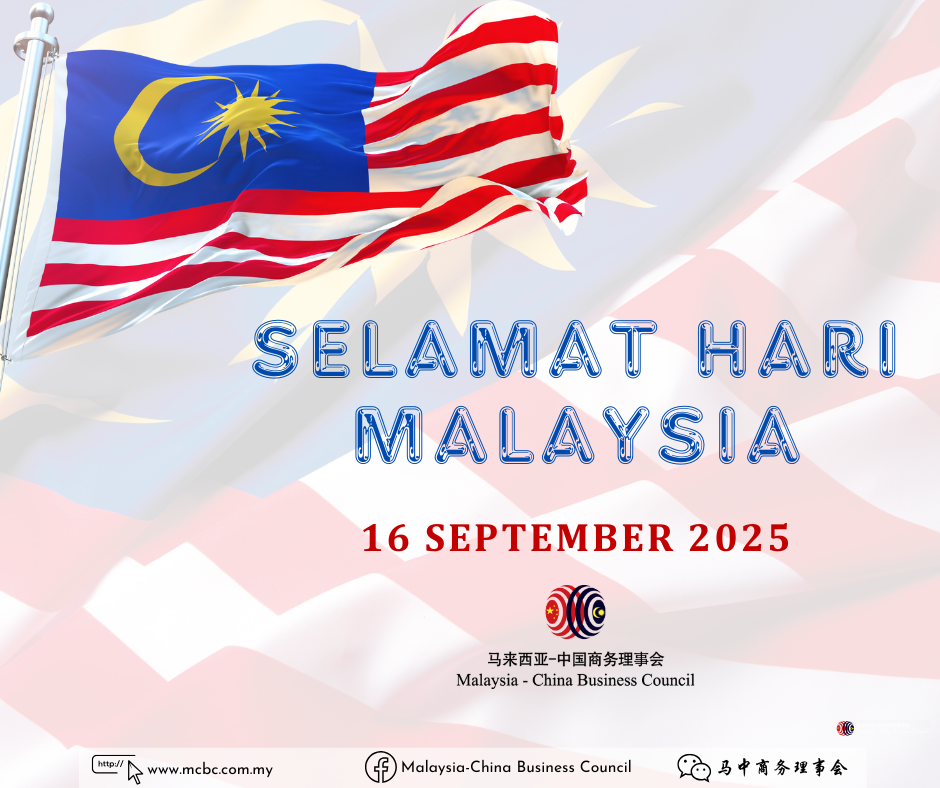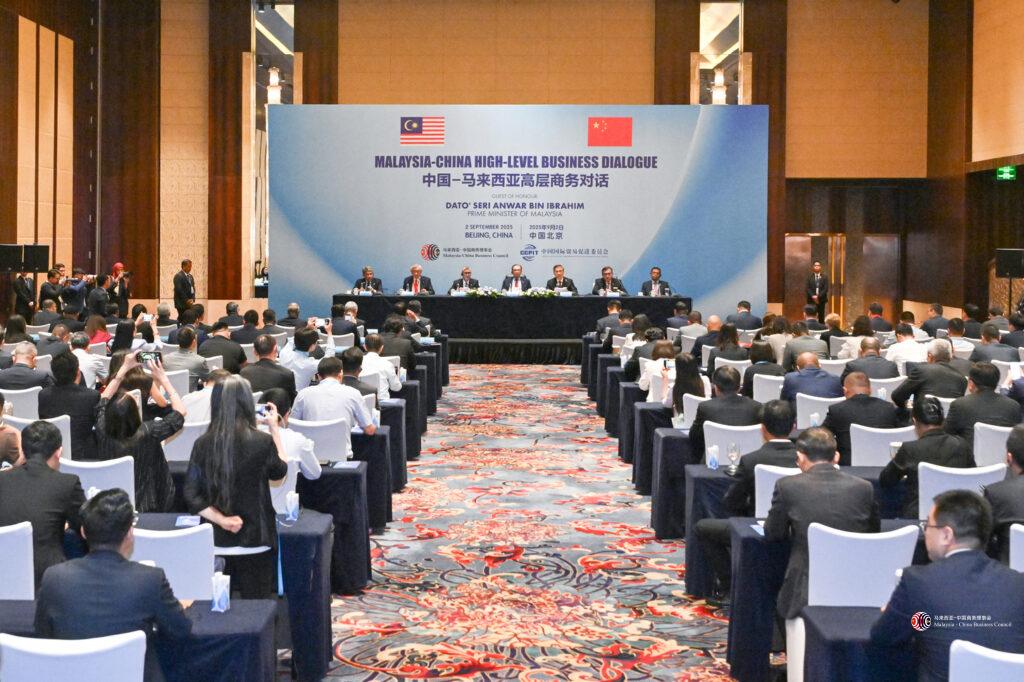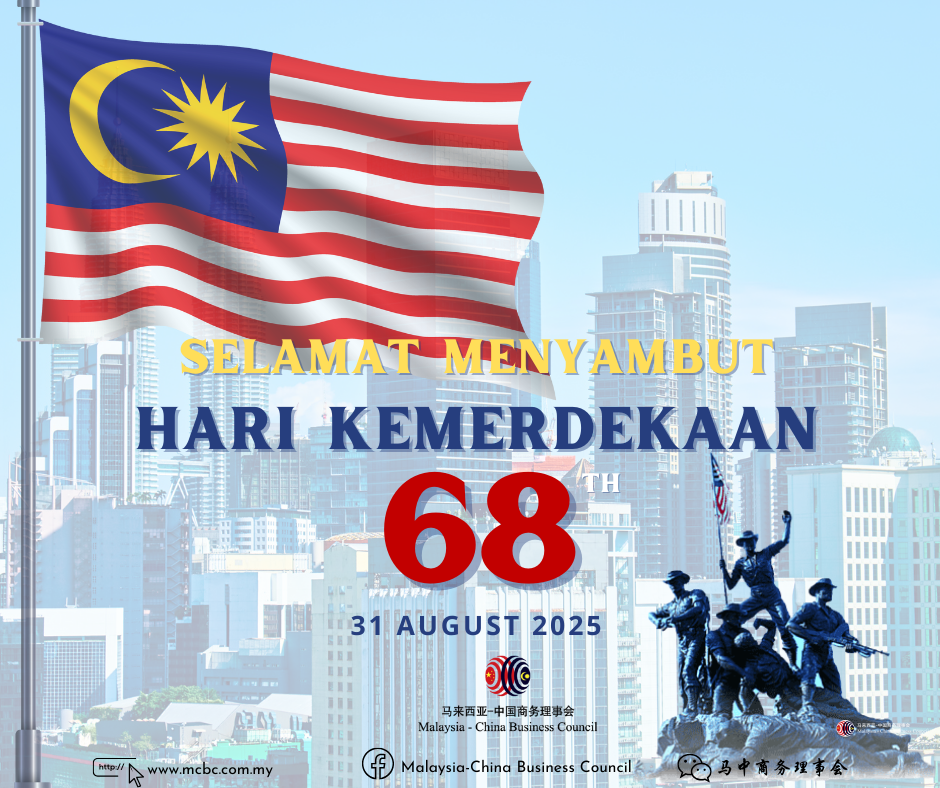Kuala Lumpur, March 25: The Prime Minister’s Special Envoy to China Tan Sri Ong Ka Ting met representatives of eight major bird’s nest-related organizations today and briefed them on the progress of his negotiations in China on the bird’s nest issue.
Tan Sri Ong who led a Malaysian delegation comprising senior officials of the Ministry of Health, Ministry of Agriculture and Agro-based Industry to Beijing returned on March 22.
During his visit, he met Minister Zhi Shuping of China’s General Administration of Quality Supervision, Inspection and Quarantine and Vice Minister Chen Xiaohong of the National Health and Family Planning Commission.
Detailed discussions were held between Malaysian specialists and their counterparts from the Chinese authorities.
Tan Sri Ong said at the briefing that there had been some breakthroughs as based on the feedbacks from the specialists and Malaysian bird’s nest operators. Consensus has been achieved on issues relating to the export of raw unclean bird’s nests and processed clean bird’s nests to China.
- Export of raw unclean bird’s nests: The Chinese government has agreed to start immediate negotiation on the export of raw unclean bird’s nests to China. In this respect, the following initial agreements have been made:
- It has been agreed that raw unclean bird’s nests be called “unprocessed bird’s nest raw products”. As such it should be treated as unprocessed primary products exported to China to be further processed into “processed bird’s nest products” for the Chinese market.
- Malaysia must ensure that SOPs are formulated and incorporated into the entire supply chain of bird’s nests for export and this includes the registration of bird’s nest houses.
- Malaysian bird’s nest operators must assist Chinese bird’s nest processors to formulate relevant SOPs to ensure that bird’s nests processed in China are able to meet China’s food safety standards.
As unprocessed bird’s nest raw products are not foodstuff readily consumable, they should not be treated under the stringent safety standard similar to that of consumable foodstuffs. Specialists from Malaysia and China have made detailed study on their level of nitrite content and have agreed on potential solutions deemed to be practical and fair. They are subjected to approval by the Chinese government according to formal procedure before further announcement.
- On export of processed clean bird’s nests: The Chinese government agreed to dispatch as soon as possible their inspectors to inspect and audit information and data prepared by the Ministry of Agriculture and Agro-based Industry. These information and data have been submitted by the 15 bird’s nest processing enterprises. This is to ensure speedy certification to facilitate the export of processed clean bird’s nests as soon as possible.
- It has been agreed that a Chinese specialist team will make a 10-day study visit to Malaysia on the second week of April to carry out inspection and auditing work on the 15 bird’s nest processing factories.
- Malaysia has formally proposed to China to review of the safety standard of maximum 30ppm nitrite content in processed clean bird’s nests. The Chinese indicated that the Government had notified all relevant departments and consumers in February 2012 the enforcement of the current safety standards and hoped that Malaysia would understand that this could be changed at random. The Chinese side suggested that Malaysia stick to the 30ppm standard in processed clean bird’s nests and monitor the situation should any problem arises.
- Malaysia reiterated that it would employ scientific method to evaluate the safety standard of maximum 30 ppm nitrite content and look into some export operational problems for further discussions.
The breakthroughs achieved by the mission in Beijing in resolving the issue of bird’s nest export to China have been very much appreciated by bird’s nest operators, as consensus has been achieved to initiate discussions on the export of raw unclean bird’s nests and an impending visit by Chinese specialists to make on the spot inspection and auditing of the bird’s nest processing industry.
Tan Sri Ong in his conclusion stressed that even though his Beijing visit had been fruitful, the local bird’s nest operators must discard their differences and be united in order to effectively work for their best interest.
He hoped all the bird’s nest operators would work closely and co-ordinate with the Ministry of Health and Ministry of Agriculture and Agro-based Industry so that the agreements achieved in Beijing could be implemented as soon as possible.
He also hoped that the eight bird’s nest-related organisations would send their proper representatives to attend all future briefings on the issue of bird’s nest export to China as in the case of today’s briefing to avoid unnecessary misunderstandings.
A total of 80 delegates attended the briefing, coordinated by the Associated Chinese Chambers of Commerce and Industry Malaysia (ACCCIM) which was represented by Dato’ Ter Leong Yap, its Deputy President and Mr Tan Kai Hee.




